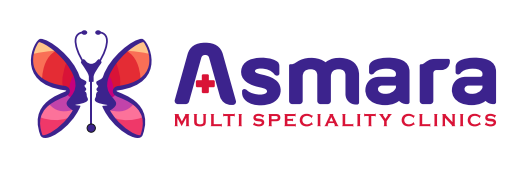Vaccinations are one of the most effective ways to protect children from serious illnesses. They work by stimulating the immune system to produce antibodies, which provide immunity against specific diseases.
As a parent, it is natural to have questions and concerns about vaccines. In this guide, we will cover everything you need to know about childhood vaccinations, from their importance to common concerns and misconceptions.
The Importance of Childhood Vaccinations
Childhood vaccinations are crucial for protecting children from potentially life-threatening diseases such as measles, mumps, rubella, polio, and more. Vaccinations not only protect the vaccinated child but also contribute to herd immunity, reducing the spread of diseases within the community and protecting those who cannot be vaccinated due to medical reasons.
Understanding the Vaccine Schedule
There is a recommended vaccination schedule for children from birth which outlines the vaccines children need and the recommended ages for administration. Following the recommended schedule ensures that children are protected from diseases at the earliest possible age.
Common Childhood Vaccines
There are several vaccines recommended for children, including the measles, mumps, and rubella (MMR) vaccine, the polio vaccine, the diphtheria, tetanus, and pertussis (DTaP) vaccine, the hepatitis B vaccine, and many others. Each vaccine protects against specific diseases and is administered at different ages.
Side Effects and Risks
Like any medication, vaccines can cause side effects, but serious side effects are very rare. Most side effects are mild and temporary, such as redness or swelling at the injection site, low-grade fever, or fussiness. Severe allergic reactions are extremely rare but can occur. It is essential to discuss any concerns about vaccine side effects with your child’s healthcare provider.
The Role of Herd Immunity
Herd immunity occurs when a significant portion of the population is vaccinated against a particular disease, making it difficult for the disease to spread. Herd immunity protects vulnerable individuals who cannot be vaccinated, such as newborns, elderly individuals, and those with weakened immune systems. By vaccinating your child, you are not only protecting them but also contributing to the health of your community.
Childhood vaccinations are a safe and effective way to protect children from serious diseases.
By following the recommended vaccination schedule and addressing any concerns with your child’s doctor, you can ensure that your child is protected from vaccine-preventable illnesses. Vaccinations not only safeguard your child’s health but also play a crucial role in promoting public health and preventing the spread of infectious diseases.


